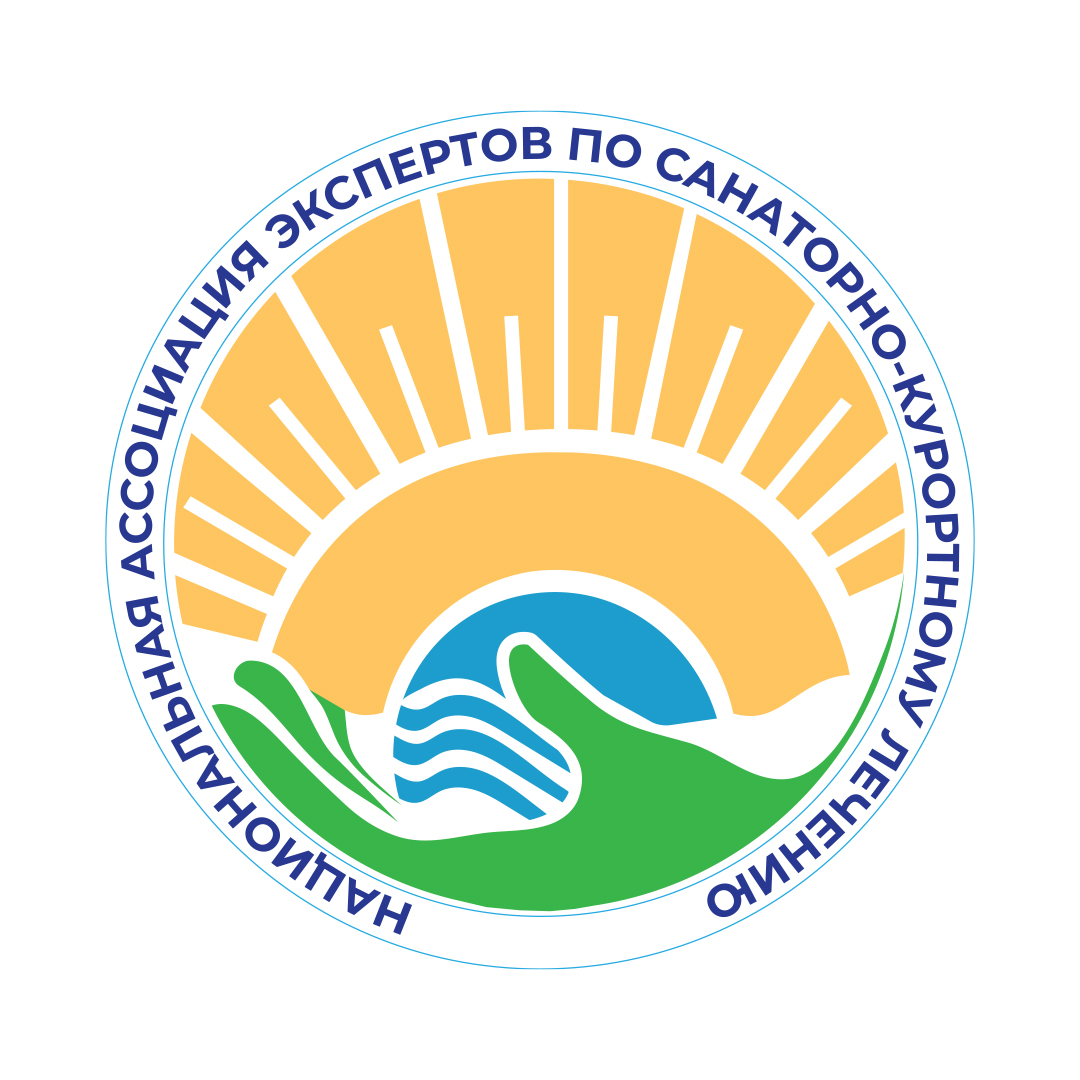Issue 4-22, 2023
ORIGINAL ARTICLE
Audiovisual Stimulation and Cognitive Behavioral Psychotherapy Complex Application in the Rehabilitation of Patients with Long COVID: a Prospective Randomized Study
1 ![]() Olga I. Odarushchenko, 1
Olga I. Odarushchenko, 1 ![]() Mariana A. Ansokova, 1
Mariana A. Ansokova, 1 ![]() Larisa A. Marchenkova, 1
Larisa A. Marchenkova, 1 ![]() Olga V. Yurova, 1
Olga V. Yurova, 1 ![]() Anatoly D. Fesyun
Anatoly D. Fesyun
1National Medical Research Center for Rehabilitation and Balneology, Moscow, the Russian Federation
ABSTRACT
INTRODUCTION. The COVID-19 pandemic has created threats and risks not only for the physical but for the mental health of people as well. To date, there is insufficient scientific data on anxiety, depression in patients who have undergone COVID-19, and the clinical effectiveness of comprehensive medical rehabilitation programs in patients with post-COVID disorders.AIM. Tostudy the clinical effectiveness of the use of audiovisual stimulation and cognitive behavioral psychotherapy in the complex rehabilitation of patients with post-COVID syndrome.
MATERIALS AND METHODS. The study included 59 patients with the long COVID disorders from 1 to 6 months after the disease, of which 41 (69.5 %) women and 18 (30.5 %) men aged between 31 and 81, with the mean age being 59.73 ± 1.59 years. All the patients were randomized into two groups. Group I (main) included 29 patients, 9 men, 20 women, the mean age 60.72 ± 2.04 years, who underwent medical rehabilitation using audiovisual stimulation and cognitive behavioral psychotherapy techniques. The II (control group) included 30 patients, including 9 men, 21 women; the mean age was 58.63 ± 2.44 years, who underwentrehabilitation consisting of a standard set of measures.
To objectify emotional disturbances, the Hospital Anxiety and Depression Scale (HADS) and the author’s computer program for assessing subjective comfort, situational and personal anxiety were used. Statistical data processing was carried out using the program “Statistica-10“. The degree of differences in quantitative indicators in the groups was assessed by the Wilconson test, the significance of differences between the groups after the treatment was made by the Mann-Whitney test (p). The assessment of qualitative indicators was carried out by analyzing multifield tables using the Pearson chi-square test.
RESULTS. The use of audiovisual stimulation and cognitive behavioral psychotherapy in the complex rehabilitation of patients with long COVID disorder syndrome contributed to the regression of emotional disorders, as evidenced by statistically significant changes in indicators on the HADS, Spielberger-Khanin, State Scale (p < 0.05). No signs of anxiety and depression were observed after the treatment in 27 (93.1 %) patients. Average (reference) levels of situational and personal anxiety were observed in 28 (96.6 %) and 21 (72.4%) patients, respectively. The subjective comfort index reached a high level in 19 (65.5 %) (p < 0.0001) patients.
DISCUSSION. The study showed that patients who had suffered COVID-19 and had long COVID disorders before the treatment were under the influence of a high-intensity stressful situation, experienced high-level anxiety and experienced severe psycho-emotional stress. The use of audiovisual stimulation and cognitive behavioral psychotherapy helped to increase the number of patients without anxiety and depressive symptoms (p < 0.05), reduce the high level of situational and personal anxiety on the Spielberger-Khanin scale (p < 0.05), and increase tolerance to psychological stress and the ability to independently cope with stress and its consequences.
CONCLUSION. A comprehensive rehabilitation program, including audiovisual stimulation and cognitive behavioral psychotherapy, helps to effectively relieve emotional stress and change the inappropriate behavior of patients with long COVID disorders.
KEYWORDS: long COVID disorder syndrome, rehabilitation, anxiety, depression, situational anxiety, personal anxiety, stress, emotional disturbances, coping strategies
FUNDING: The study had no sponsorship.
CONFLICT OF INTEREST: The authors declare no apparent or potential conflicts of interest related to the publication of this article.
FOR CITATION: Odarushchenko O.I., Ansokova M.A., Marchenkova L.A., Yurova O.V. Fesyun A.D. Audiovisual Stimulation and Cognitive Behavioral Psychotherapy Complex Application in the Rehabilitation of Patients with Long COVID: a Prospective Randomized Study. Bulletin of Rehabilitation Medicine. 2023; 22(4):96-104. https://doi.org/10.38025/2078-1962-2023-22-4-96-104 (In Russ.).
FOR CORRESPONDENCE:
Olga I. Odarushchenko, E-mail: odaruschenkooi@nmicrk.ru

The content is available under the Creative Commons Attribution 4.0 License.
©
This is an open article under the CC BY 4.0 license. Published by the National Medical Research Center for Rehabilitation and Balneology.




